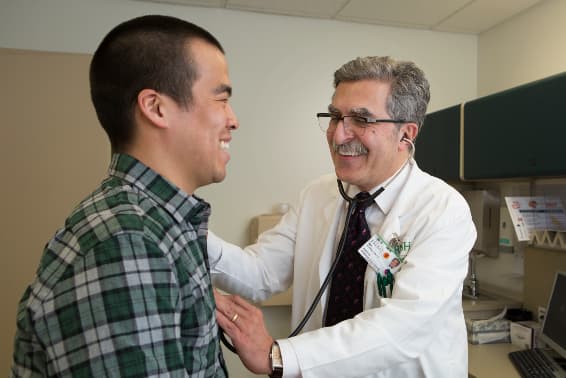Popular Services
- Primary Care
- Psychiatry and Psychology Services
- General Neurology Services
- Obstetrics and Gynecology (OB-GYN) Services
- Cancer Care
Popular Locations
- Rush Copley Medical Center
- Rush Oak Park Hospital
- Rush University Medical Center
- Rush Oak Brook
- Rush South Loop
Your Saved Locations (0 Locations)

